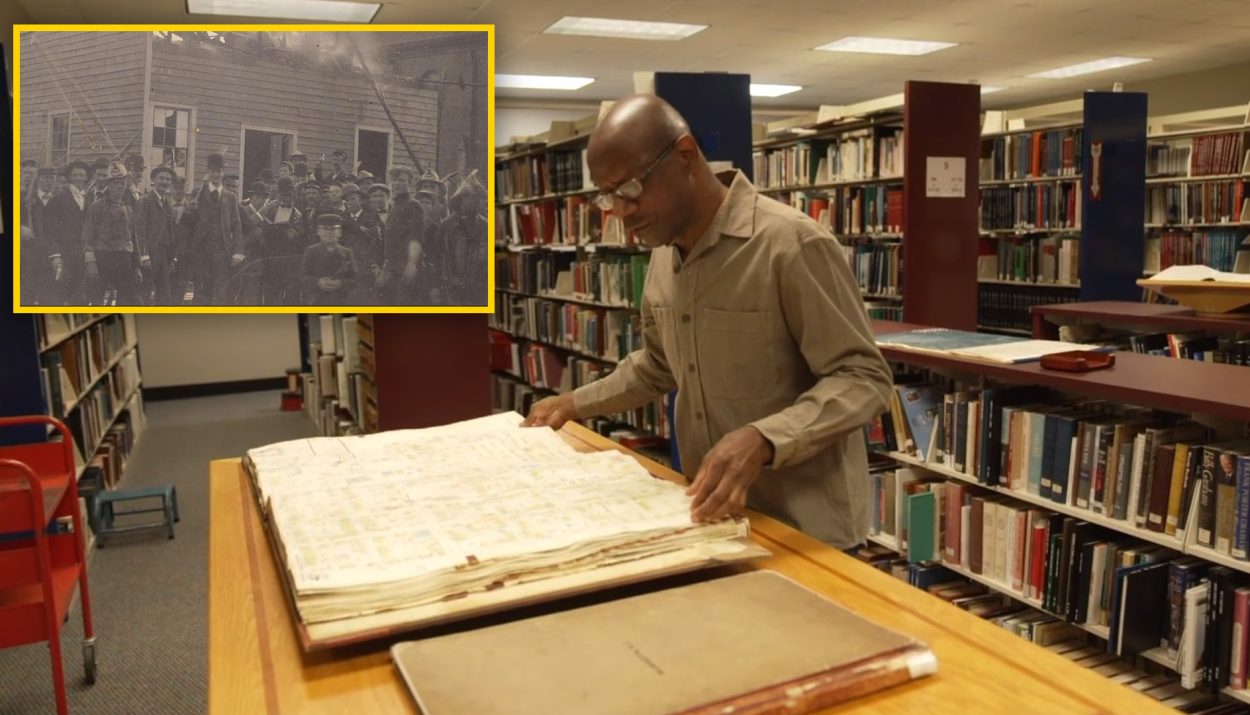The Emancipation Proclamation freed African American slaves in 1863 and the Civil War ended in 1865. For a fleeting time after that, the United States tried to reunite the nation and reach some level of racial equality. The city of Wilmington, North Carolina, was making great strides in this area.
But in November 1898, a gang of White supremacists attacked Wilmington, destroyed Black-owned businesses, and ousted the local leaders in an event that has been called the only successful coup in American history. Now, descendants of the event’s victims want to see the wrong finally righted. Here’s what you need to know about this little-known and tragic chapter in post-Civil War history.
Wilmington … A Progressive City
By the late 1880s and early 1890s, the elected leaders of Wilmington, North Carolina, were a mix of Black former slaves and White men. There were a number of Black-owned businesses, as well as businesses that were jointly owned by Black and White entrepreneurs.
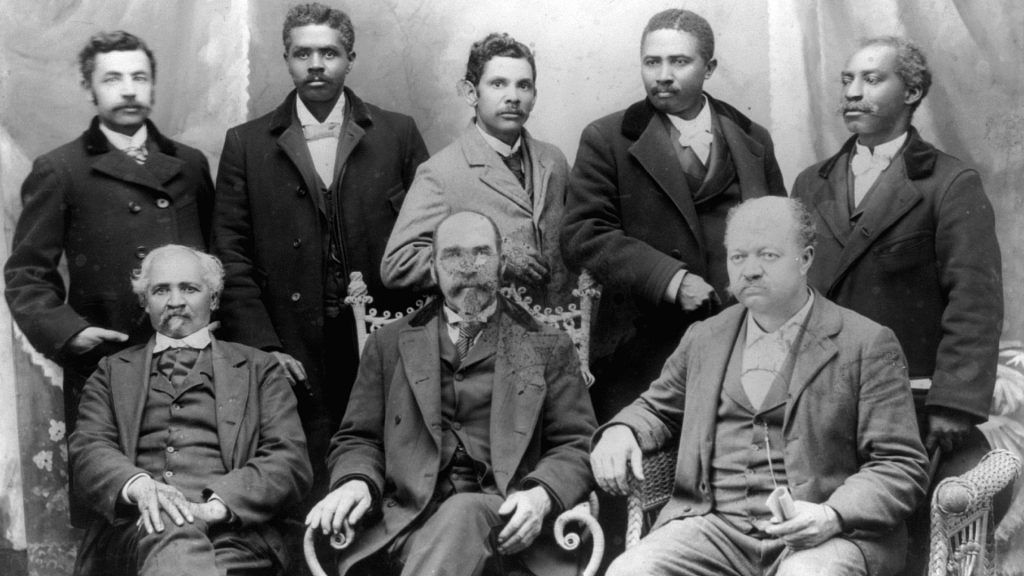
Isham Quick, a former slave, served on the board of directors of the Perpetual Savings and People’s Perpetual Savings and Loan beginning in 1887. He went on to own three banks in the city and amassed holdings equivalent of $2 million in today’s money.
“The Black Mecca of the South”
According to historians, this level of economic prosperity, even among former slaves, was common during the last half of the 1890s. However, Wilmington had managed to avoid the Jim Crow laws that were popping up in other Southern cities.
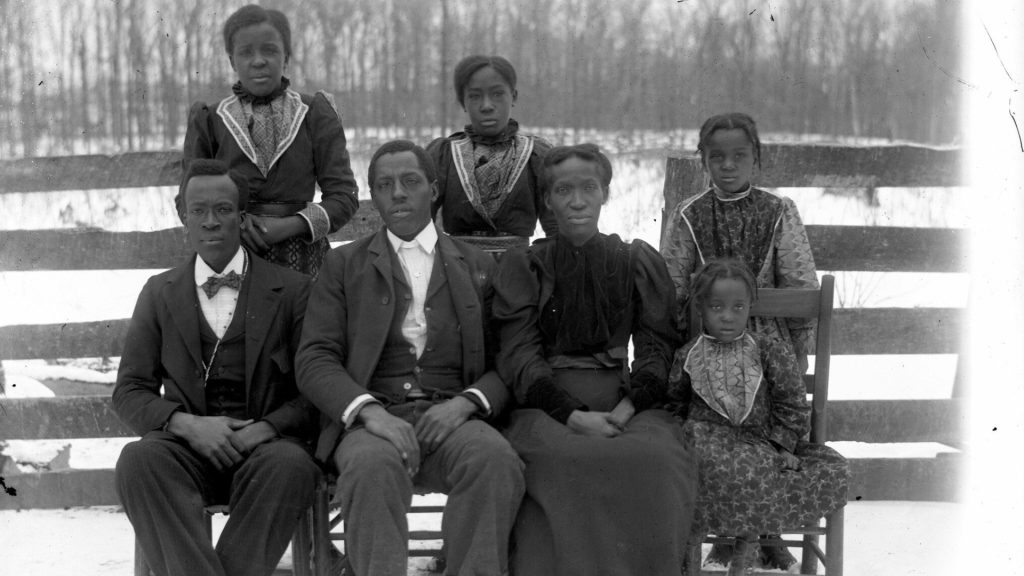
With Black men serving in elected city offices and Black business owners, Wilmington was a thriving place where both White and Black citizens could prosper. As Inez Campbell-Eason explained, “It was basically the Black Mecca of the South.”
Wilmington’s Integration Angered White Supremacists
Wilmington’s integrated society and its equal opportunity for African-Americans went against the beliefs of White supremacists who were still trying to perpetuate stereotypes and discrimination. These people wanted to see the South return to a slave region.
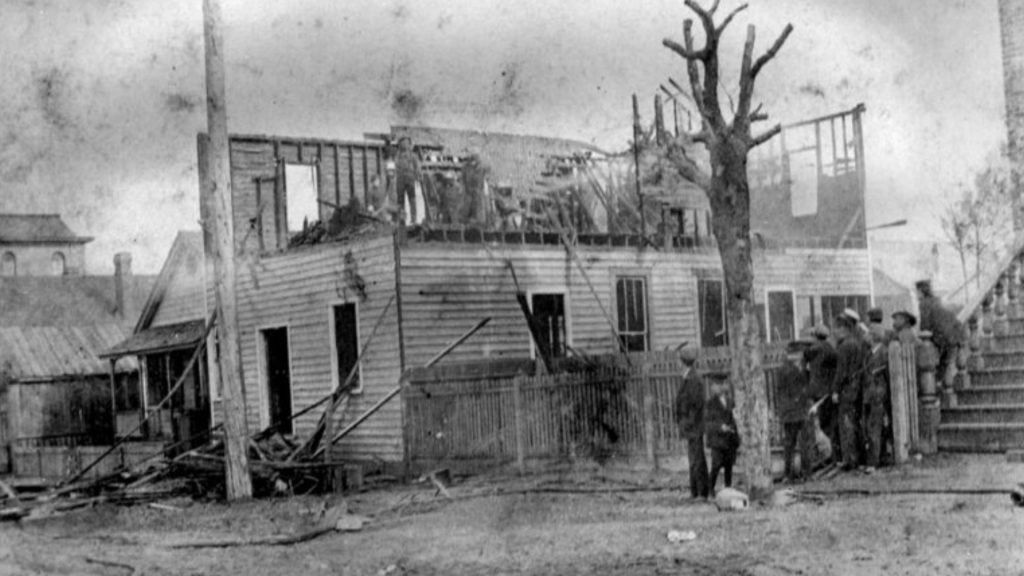
They wanted to prove that Black former slaves were not capable of leadership roles, did not have the skills to better themselves, and needed the guidance of White to live productive lives. Wilmington went against their agenda. So, they decided to do something about it.
The Attack on Wilmington
A mob of more than two thousand White supremacists descended on Wilmington, North Carolina, on November 10, 1898. They went straight to the Black-owned newspaper and burned the building to the ground.
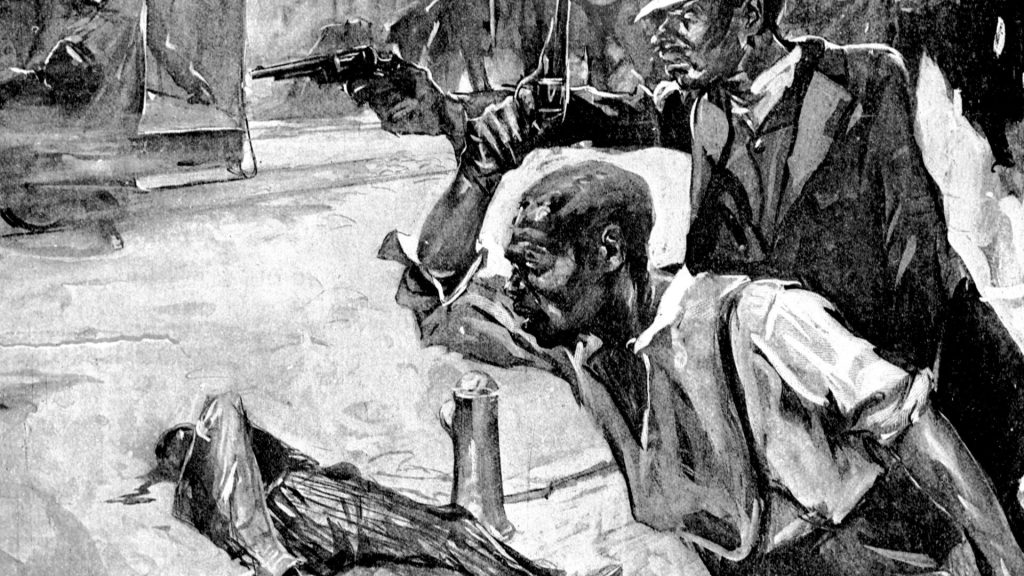
Next, they looted and ransacked Black-owned stores and banks. They forced the elected leaders – both White and Black men – to resign their posts. They were replaced with White supremacists.
The Only Successful Coup in the History of the United States
Historians point to this event as the only successful coup in American history. As state historian LeRae Umfleet explained, “We call it the only successful coup in the United States history because there have been other attempts, and those attempted coups did not last longer than a day or a week.”

She continued, “This time it stuck and was reaffirmed at the next election and every other subsequent election … until the advent of the Civil Rights Movement.”
The Lead-Up to the Coup
According to Umfleet, White supremacy groups focused their attention on Wilmington after a series of events in the months leading up to the coup. It started in August when the White-owned newspaper in Wilmington printed the words of a speech that was delivered the prior year. The speech was basically a racist rant by Rebecca Latimer Felton of Georgia.
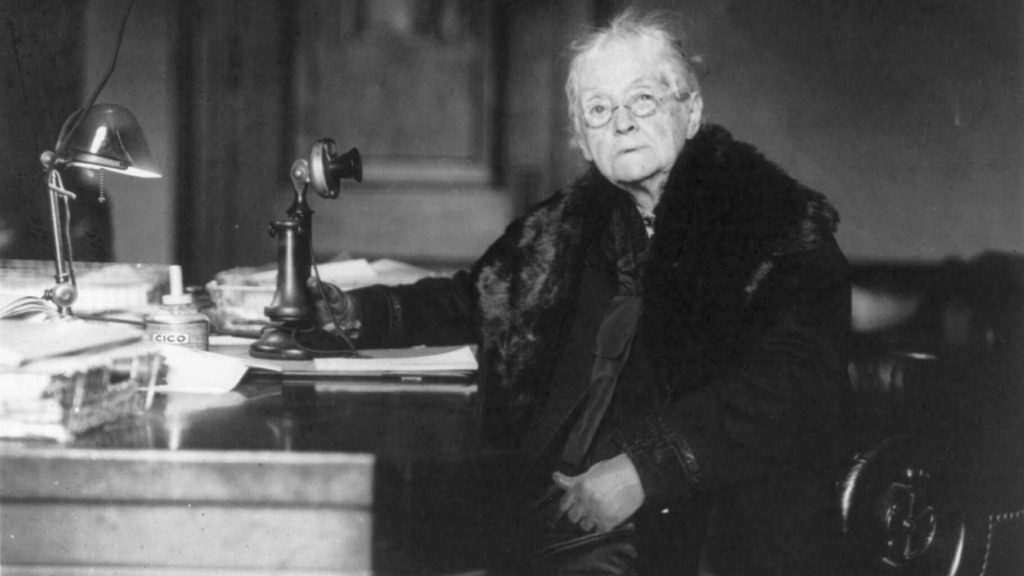
As Umfleet explained, “Essentially that article said all Black men have one thing that they want to do in life and that’s to rape white women. And so we need to do everything we can to protect white womanhood. And if that means lynching a Black man today, then she says lynch.”
A Rebuttal by the Black-Owned Newspaper
Outraged by the racist speech printed in the White-owned Wilmington newspaper, Alex Manly, the editor of the city’s Black-owned newspaper, wrote a rebuttal. It was that rebuttal that angered White supremacists and made Manly a target.
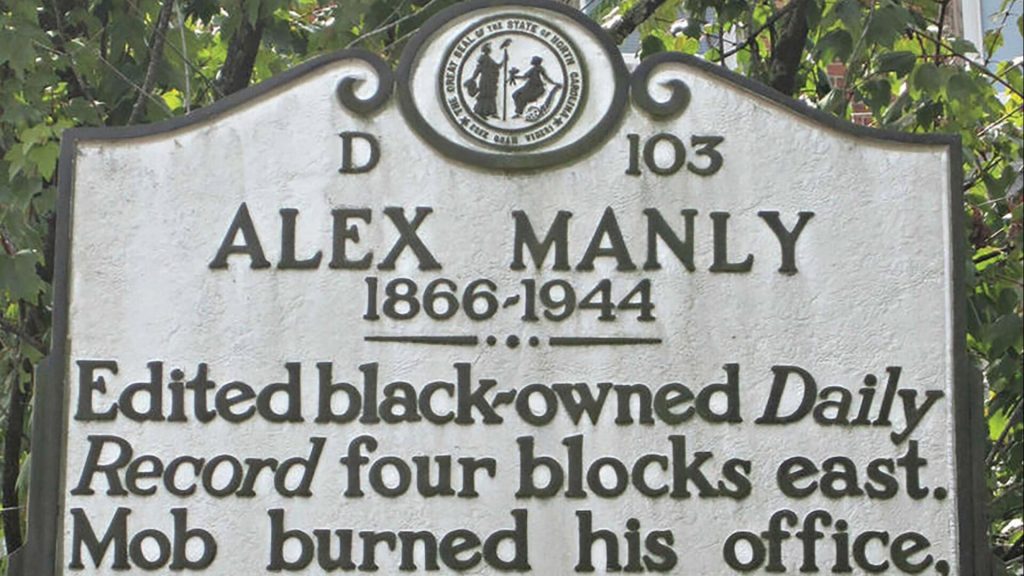
“He essentially said that White women choose to be with Black men,” explained Umfleet. “And that was an insult to the white leadership that a white woman would choose to be with a Black man. So, he becomes a target.”
Forcing Their Way into Office
The mob of White supremacists were led into Wilmington by a former Confederate soldier named Alfred Moore Wadell. It was on Wadell’s orders that Manly’s newspaper office was torched.
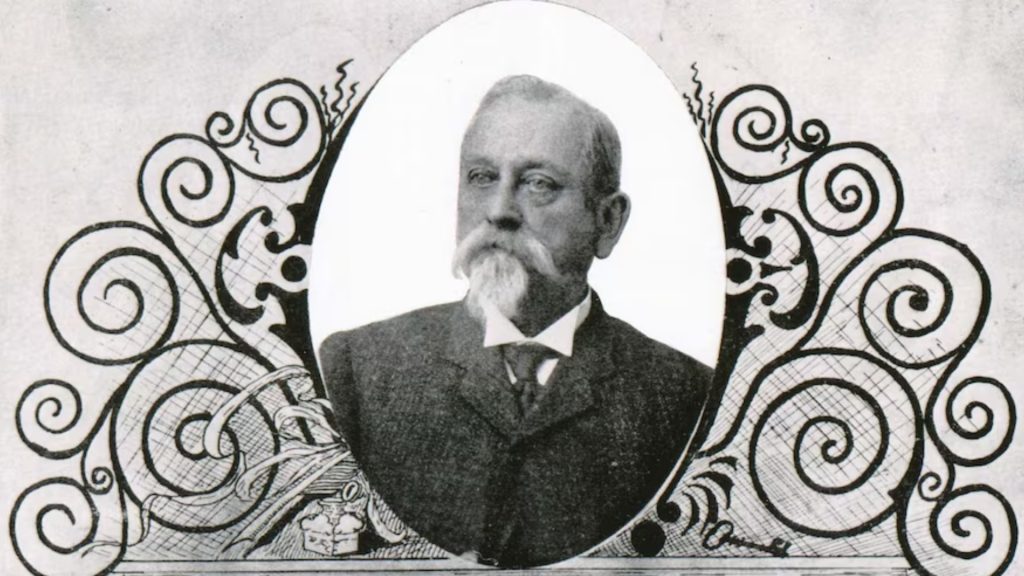
When the elected city officials of Wilmington were forced out of office, Wadell assumed the position as mayor of the city. In the next election, he was reelected.
The Attack Was Violent and Deadly
During the attack on Wilmington, roughly 300 African-American residents were killed by the violent mob. Others sought refuge inside churches. Some even hid out in a segregated cemetery until the coast was clear.
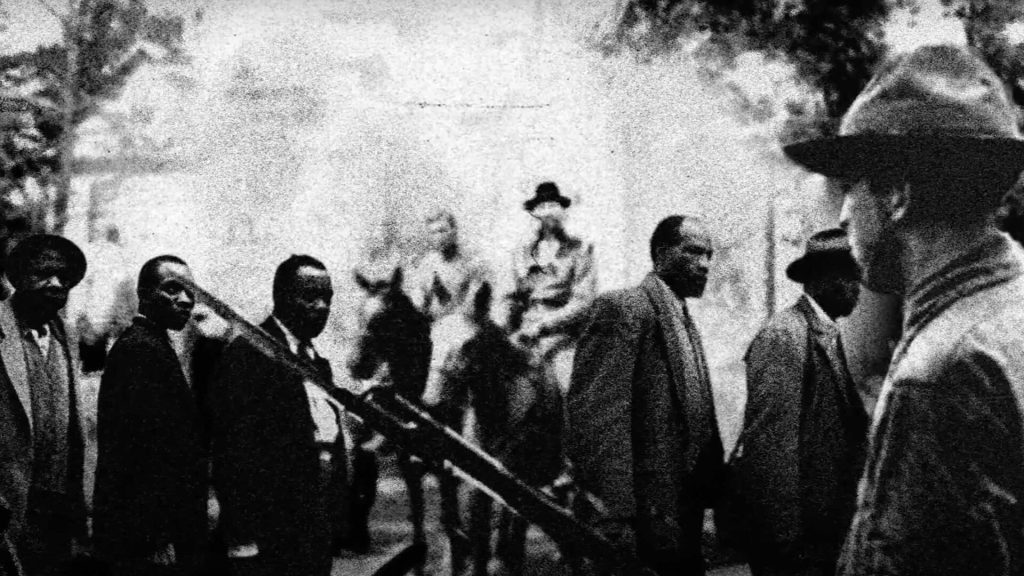
For the next hundred years, the attack on Wilmington by White supremacists was swept under the rug. Genealogist Tim Pinnick explained, “African-Americans did not want to talk about that. You know, they were kind of told not to talk about it. And so it kind of went underground.”
Inez Campbell-Eason’s Genealogy Quest
Inez Campbell-Eason, like most Americans, had never heard of the coup in Wilmington in 1898 when she visited the city a few years ago. She was just there to research her family tree and learn more about her great, great grandfather, Isham Quick.

But then a curator at a local museum showed her a collection of old documents that would cause a flood of emotions – pride, anger, sadness, indignation, disgust, and righteousness.
Before the Coup, Her Ancestor Had Been a Wealthy, Prosperous Banker
Campbell-Eason was proud to learn that her ancestor, Quick, had gone from slave to a wealthy, prosperous banker in just a few short years. The three banks under his management were thriving in Wilmington and he had acquired a net worth equal to about $2 million in today’s value.
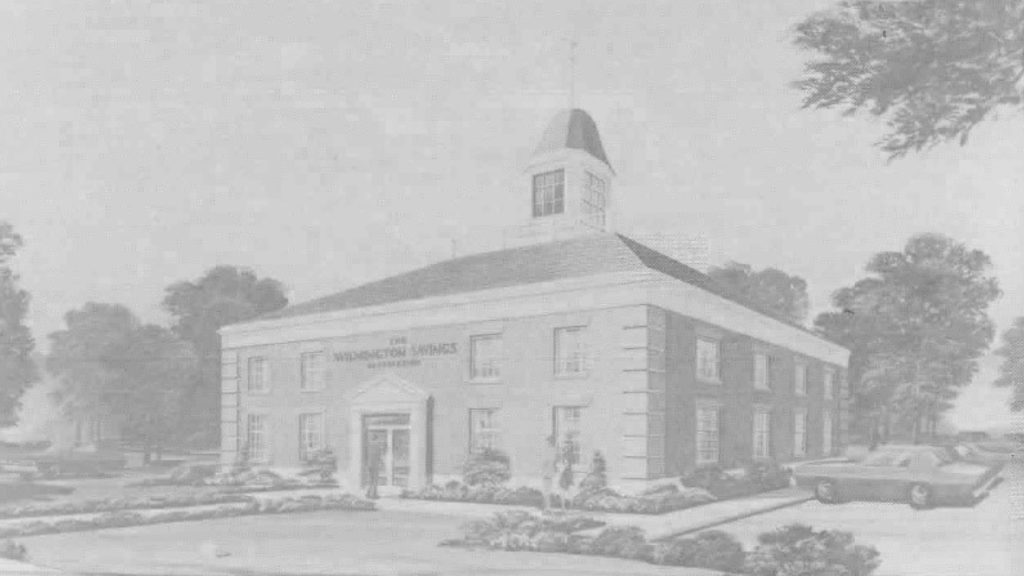
But her pride quickly turned to shock, anger, sadness, and disgust when she learned that he was forced out of his own banks during the coup. He lost his sizable fortune to the White supremacists.
Righting the Wrongs of the Past
Residents of Wilmington, descendants of the coup’s victims, and local historians are working to right the wrongs of the past as best they can. For starters, they want to share the story of the 1898 coup, as painful as it is, so that this event is not forgotten.
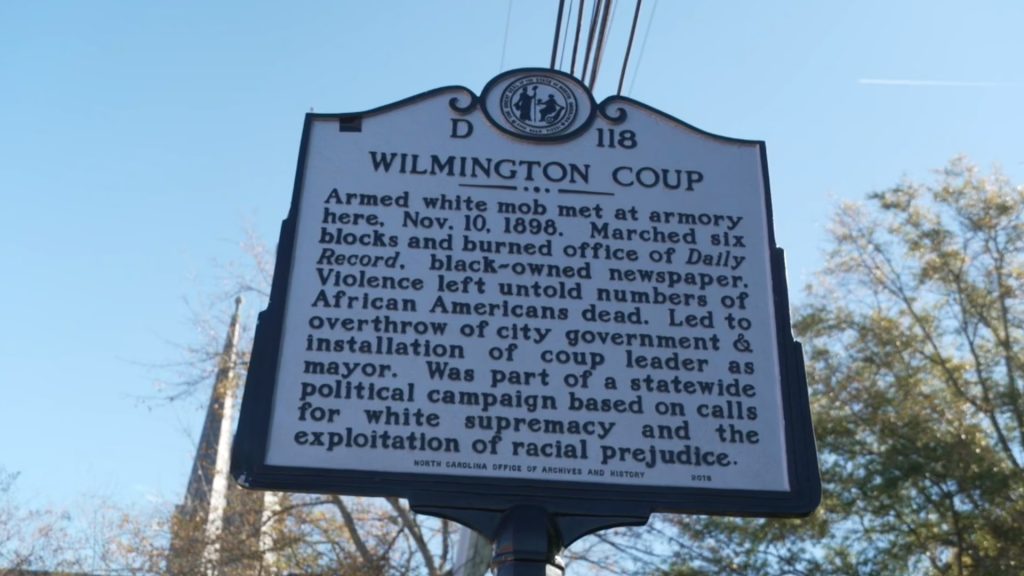
The city is also trying to identify and honor the victims of the attack. New tombstones have been erected for people who were killed during the coup. A local elementary school that had been named long ago in honor of a local citizen who had participated in the coup underwent a name change. Still, Campbell-Eason wants to see more done.
Seeking Reparations
Campbell-Eason is angry about the terrible injustices that befell her great, great grandfather. She explained, “I was really angry. I used to cry all the time, like angry, fiery, angry tears, because this is generational wealth that was taken away from my family.”

She would like to have the properties and assets that were taken from her ancestor returned to her and her family. Alternatively, she’d like to see financial reparations. When faced with the argument that today’s taxpayers should not have to pay for the crimes of the past, she counters, “Yesterday’s crimes helped this country to amass the wealth that it has today.”
Campbell-Eason Is Not Alone in Her Efforts
Tim Pinnick has been utilizing online DNA databases in his effort to find living descendants of the victims of the 1898 coup in Wilmington. He realized that most descendants had never heard of the coup and had no idea what had happened to their ancestors more than a century ago.
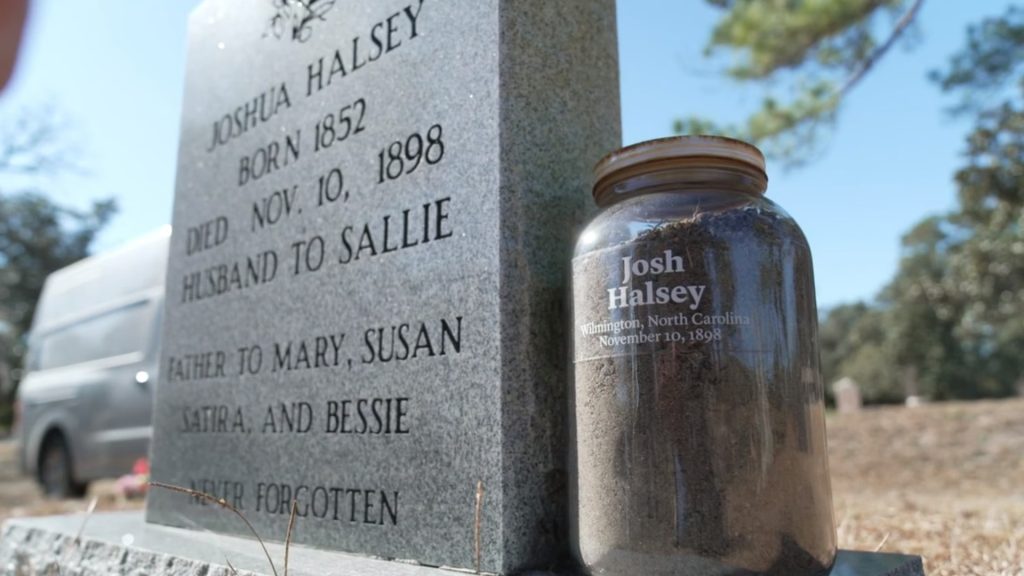
He noted that these descendants are spread across the country. “We’re going to keep finding people because that’s what our mission is now,” he added.

